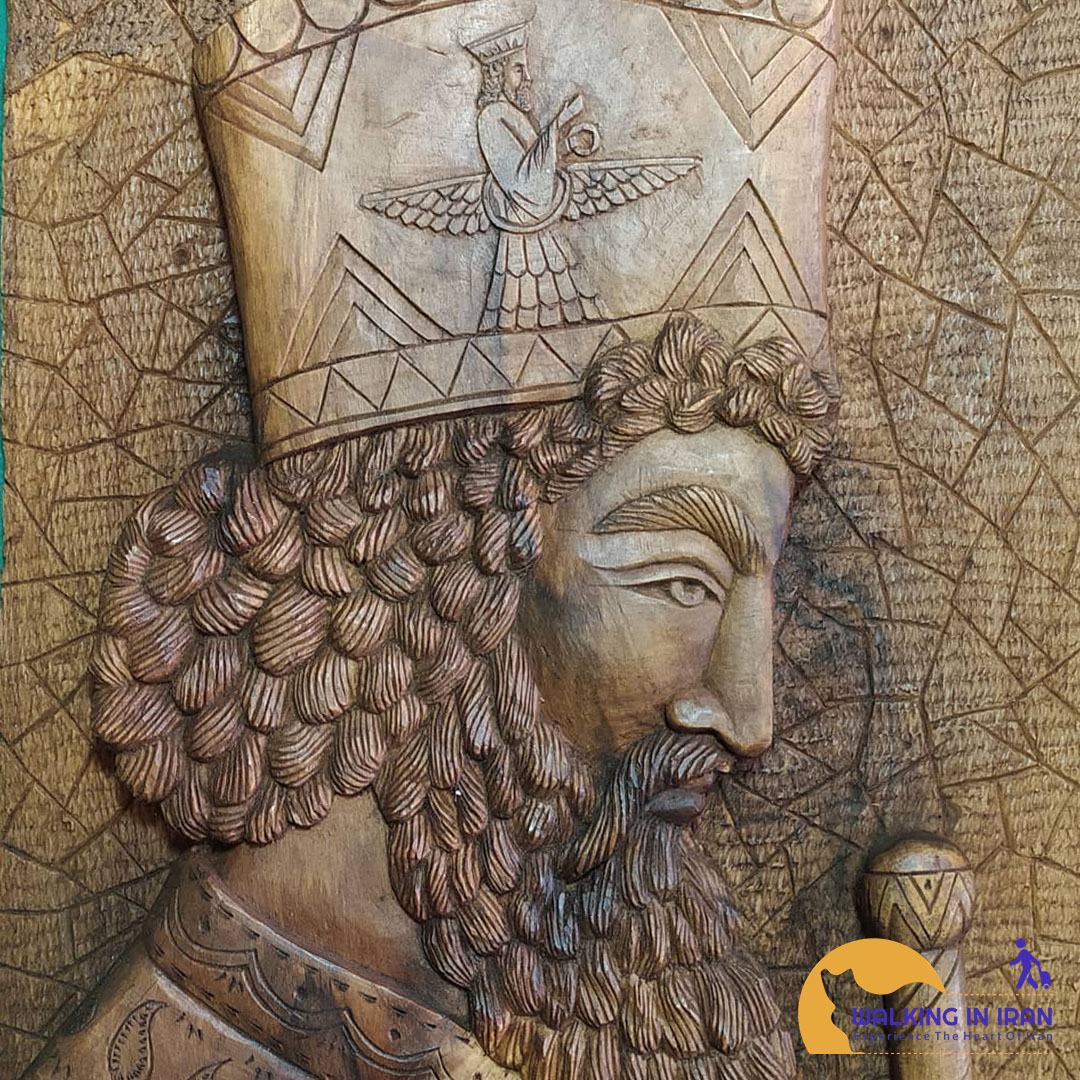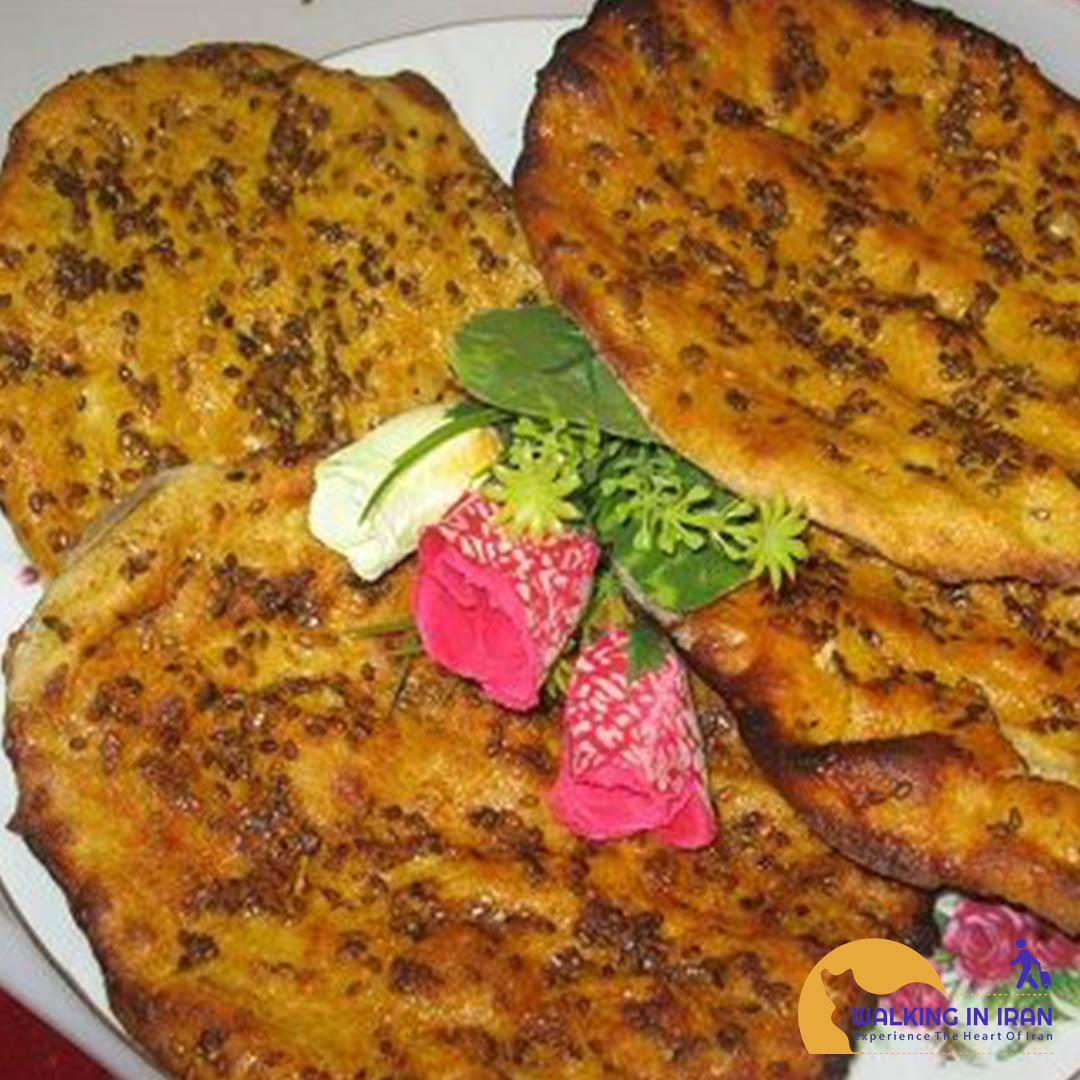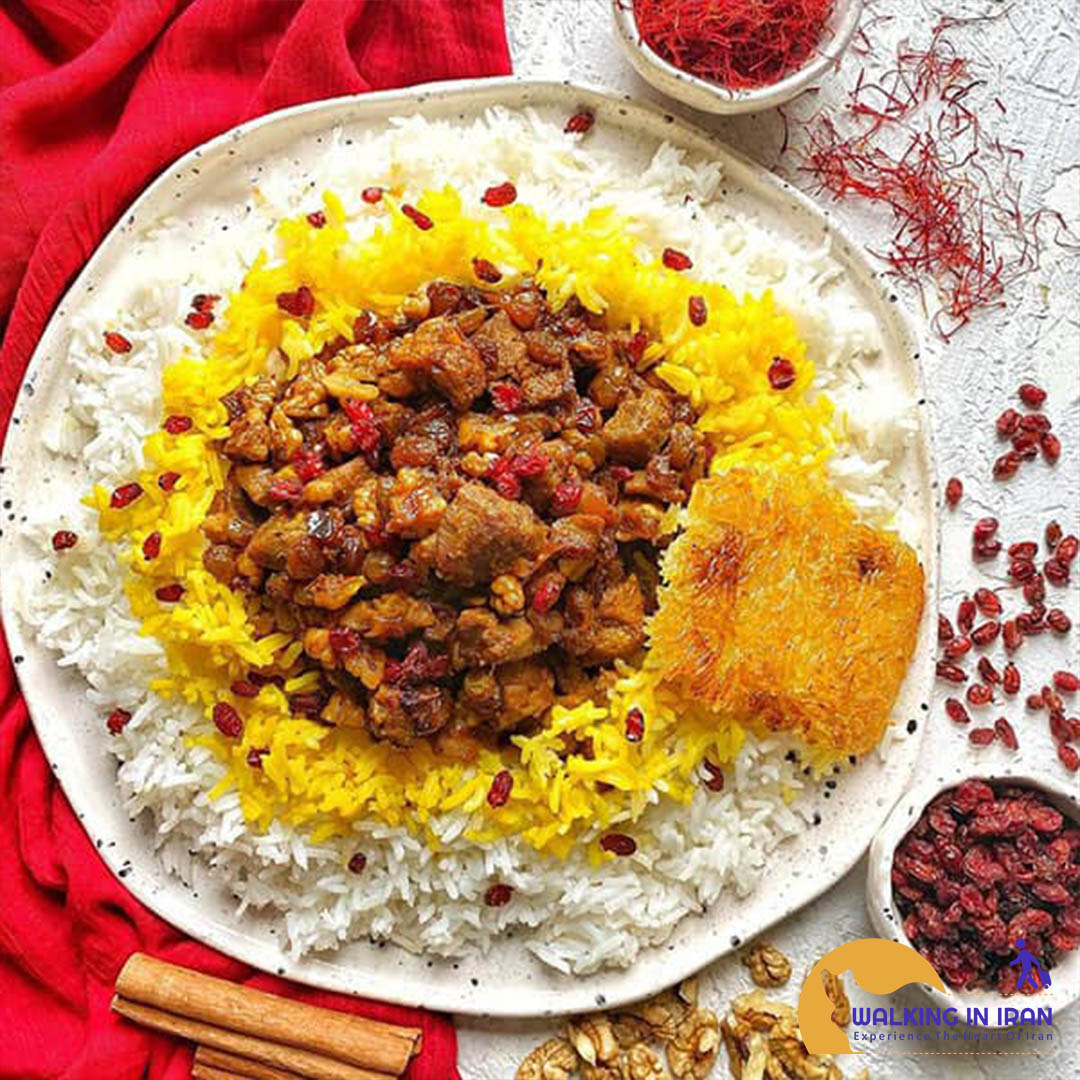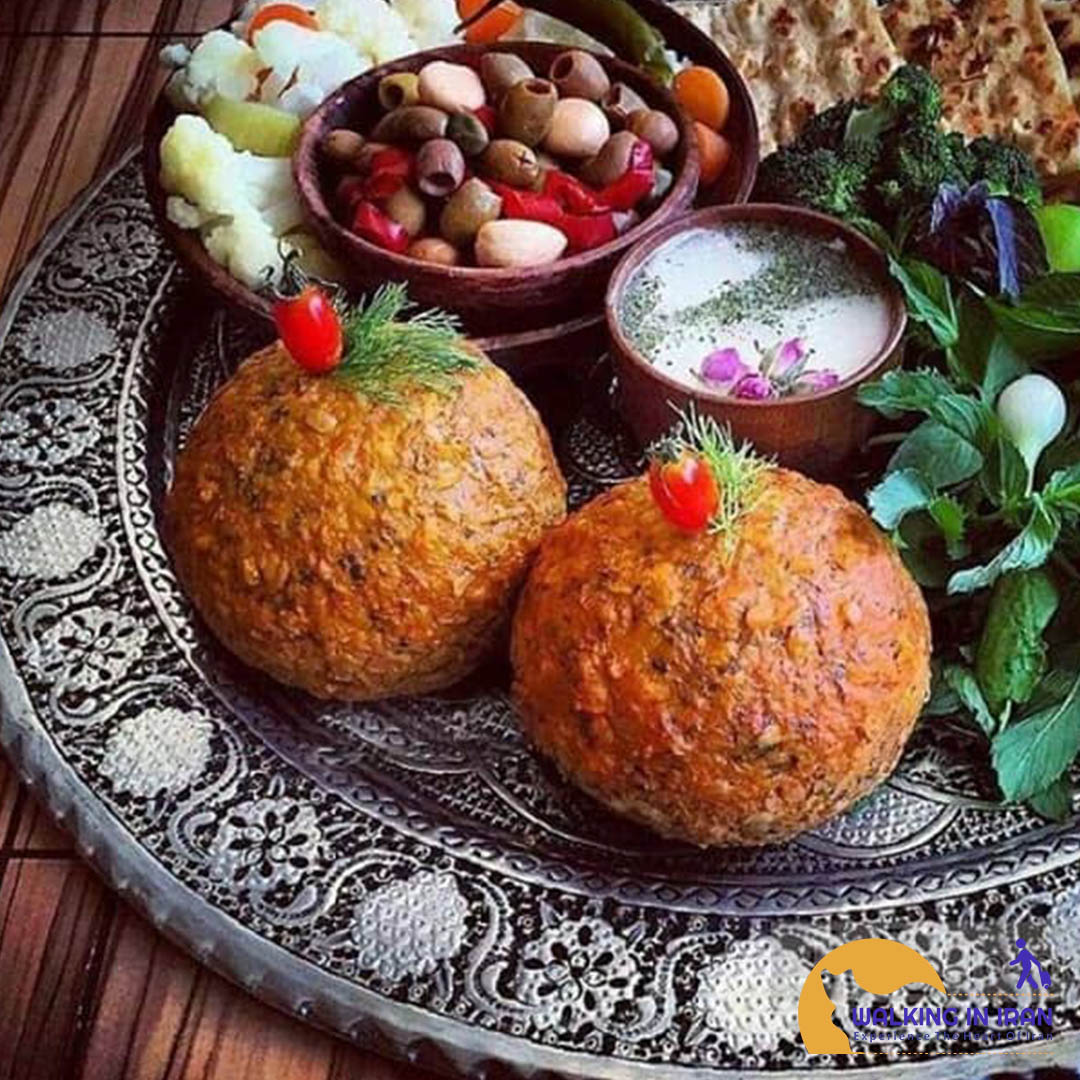The art of wood joinery in Iran: elegance in every role
Wood joinery is one of the delicate and valuable Iranian arts in which complex and eye-catching designs are created by using thin veneers of wood with beautiful patterns on another wooden surface. This art is a combination of patience, accuracy and artistic taste that has become one of the most valuable handicrafts of Iran over the years.
History of wood joinery in Iran
The roots of wood joinery in Iran go back to the Safavid era. During this period, artists created complex and beautiful designs on wood, inspired by nature and architecture. The city of Sanandaj in Kurdistan is known as one of the important centers of wood joinery in Iran.
Materials and tools used
- Covering wood: Usually, wood with beautiful patterns such as walnut, elder, pear, and cake are used.
- Undercarriage: It is a wood on which the covers are glued.
- Wood glue: for gluing the veneers to the work
- Saw, knife, sander: to cut and shape the wood
- Press: to press the covers on the work
Wood joinery steps - Selecting the design: First, the desired design is selected and then drawn on paper.
- Cover cutting: Covers are cut into smaller pieces based on the design.
- Preparation of the work: the surface of the work is smoothed and polished.
- Gluing the coating: the parts of the coating are carefully and sequentially glued to the sub-work.
- Pressing: The glued parts are pressed so that they stick well together.
- Polishing: After the glue dries, the work surface is polished to make the designs shiny and beautiful.
Wood joinery products
Wood joinery is used to make a variety of decorative and functional products, such as: - Backgammon board: It is one of the most famous joinery products.
- Jewelry boxes
- Trays
- Honey tables
- Photo frame
- Mirrors
The importance of wood joinery in Iran - Preserving cultural identity: silversmithing is one of the symbols of Iranian cultural identity and helps us to communicate with our roots.
- Development of handicrafts: As one of the most valuable handicrafts of Iran, carpentry contributes to the development of the economy and job creation.
- Aesthetics: carpentry gives beauty and originality to the space due to its elegance and complexity.




Join The Discussion